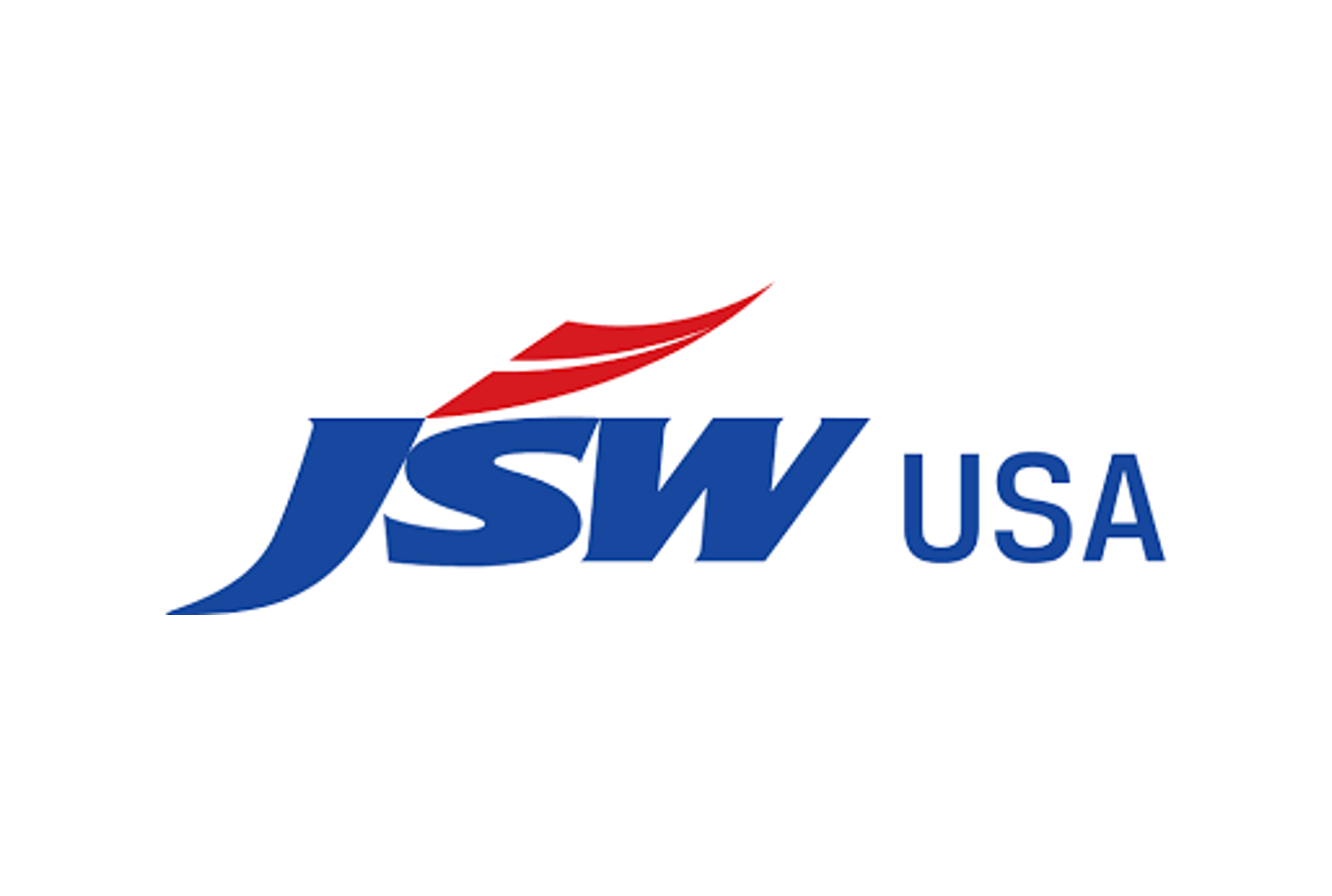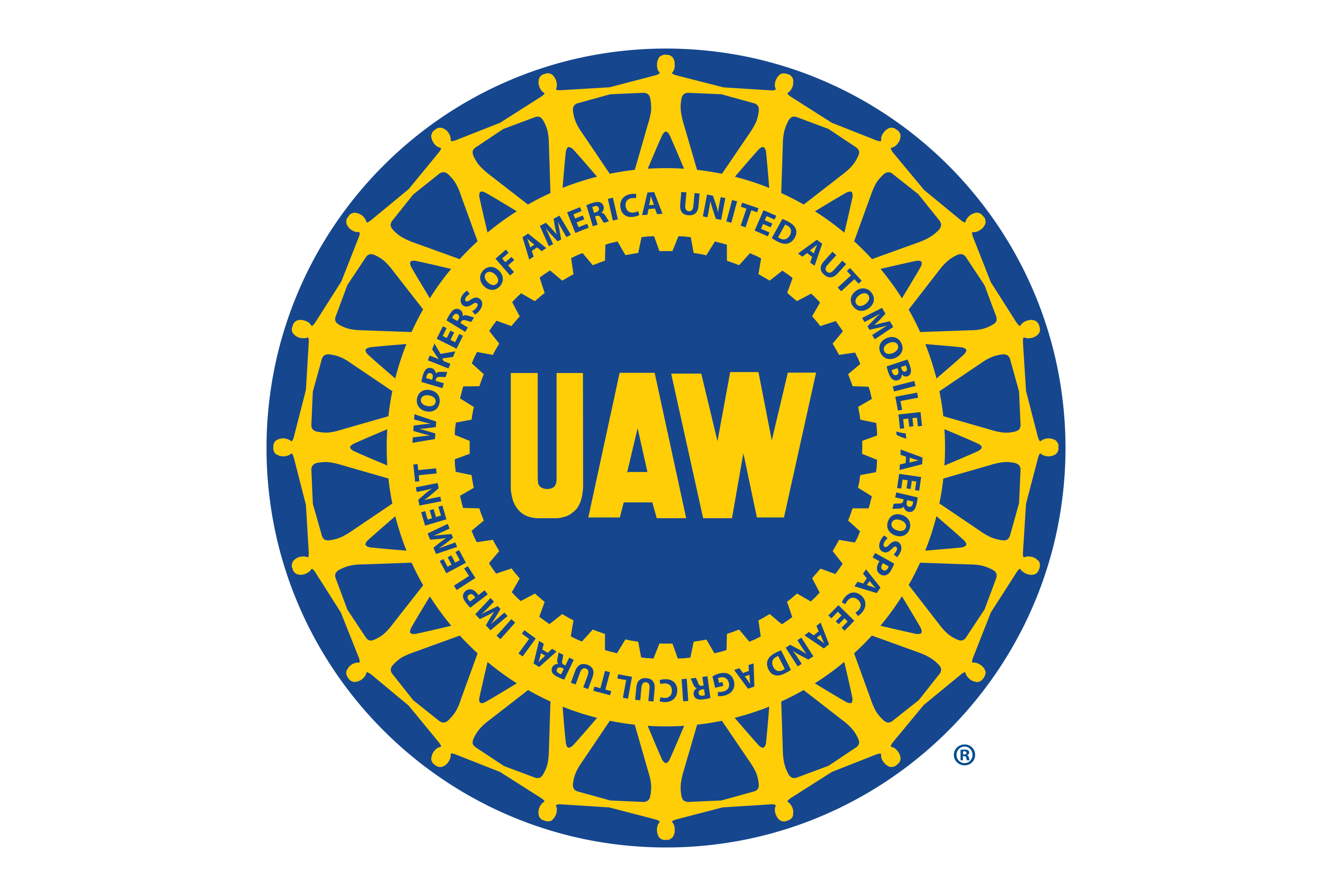Manufacturers/End Users

May 13, 2025
Auto growth to slow amid tariff uncertainty
Written by Stephanie Ritenbaugh
Several automakers plan to scale back operations in response to tariffs, while others have said they will move more production to the US in the coming years. It makes for a fluid situation in an uncertain trade environment already marked by frequent changes.
Ford Motor Co. last week suspended its guidance, saying it estimates a net adverse adjusted EBIT impact of about $1.5 billion for full-year 2025.
“Given material near-term risks, especially the potential for industrywide supply chain disruption impacting production, the potential for future or increased tariffs in the US, changes in the implementation of tariffs including tariff offsets, retaliatory tariffs and other restrictions by other governments and the potential related market impacts, and finally policy uncertainties associated with tax and emissions policy, the company is suspending guidance,” Ford said during its first-quarter earnings report.
“These are substantial industry risks, which could have significant impacts on financial results, and that make updating full year guidance challenging right now given the potential range of outcomes,” the company added.
Meanwhile, Volvo plans to lay off up to 800 workers in Pennsylvania, Virginia, and Maryland, citing uncertainty about freight rates and demand, regulatory changes, and the impact of tariffs.
And in steel, Cleveland-Cliffs is idling its Dearborn Works in Michigan due to weak automotive demand, affecting about 600 workers.
“In North America, tariffs will increase costs and disrupt supply chains in the short to medium term, impacting both production and demand,” CRU Group said last week. “As a result, we expect significant declines in production and sales this year.”
The 25% tariff on fully assembled vehicles (with exemptions for US value-added content in USMCA-compliant vehicles), along with a 25% tariff on non-USMCA parts (with an allowance for up to 15% of a vehicle’s value in non-compliant parts used in US-built vehicles), is expected to significantly disrupt regional production, CRU said.
However, recent concessions by the US administration, such as largely eliminating tariff stacking, exempting USMCA-compliant vehicles from the parts tariff, and providing rebates on the value of imported parts, offer some relief to automakers and present upside to our current base case, CRU noted.
CRU Group revised down its forecast for North American auto production by ~800,000 to 14.7 million this year.
Impact on steel
“It’s a pretty dynamic situation at this point,” CRU Principal Analyst Josh Spoores told SMU.
Lower auto production means lower volumes for steel mills in the US, he noted.
“But the other side is with Section 232 tariffs on steel, some of the automakers shifted their steel sourcing around a little bit,” Spoores added. “So as much as the domestic mills might lose some steel sales on lower volume of vehicles produced, they might be gaining some market share that was being produced in Canada and Mexico.”
Shifting production
Though in the early stages, some companies have announced plans to move production to the US.
Mercedes-Benz said it will move production of a “core segment vehicle” to Tuscaloosa, Ala., by 2027.
And South Korea’s Hyundai is making a nearly $6-billion investment to build an EAF steel mill in Louisiana to supply steel for the company’s automotive interests in the southeastern US.







